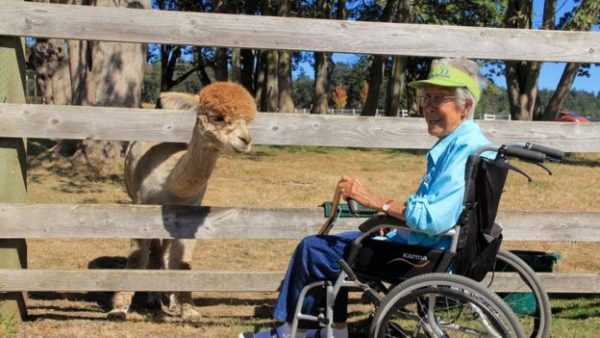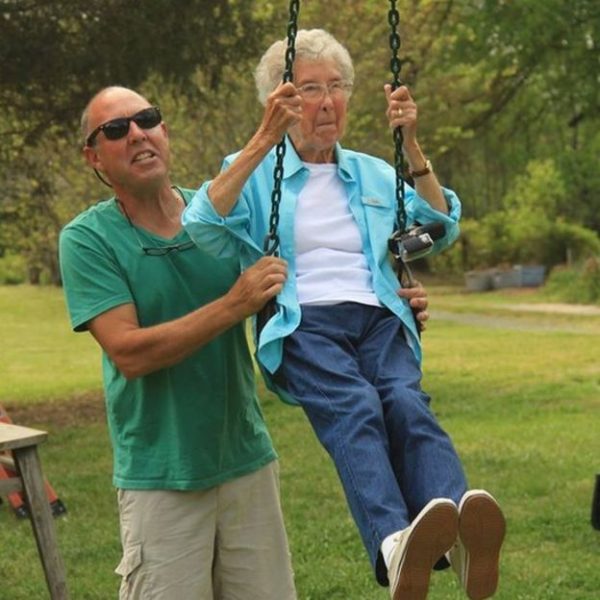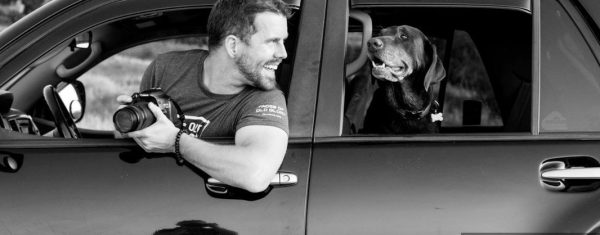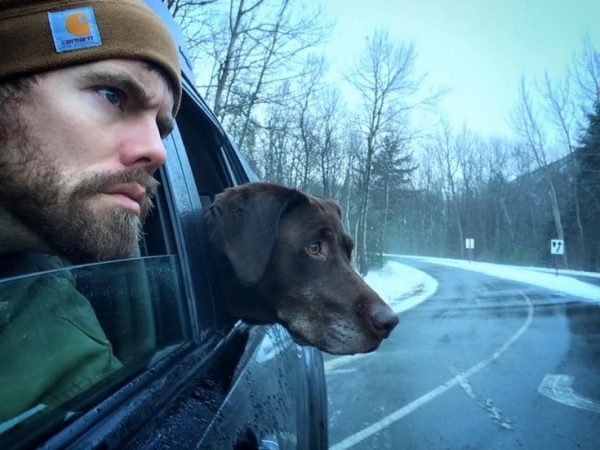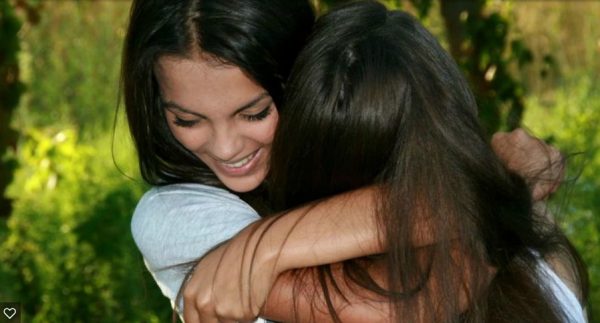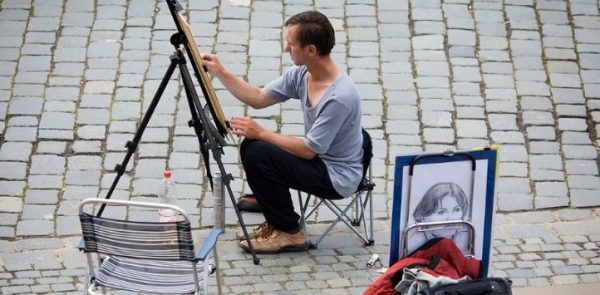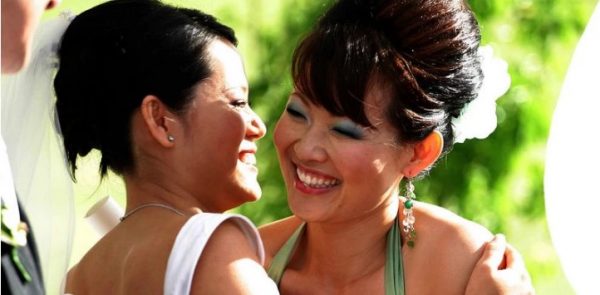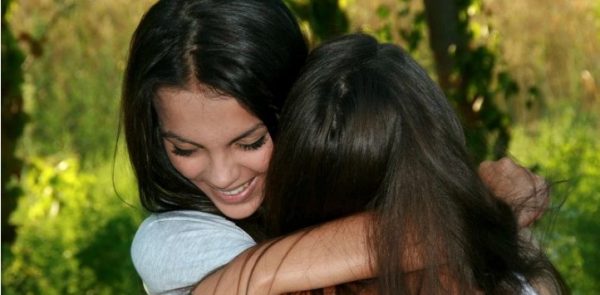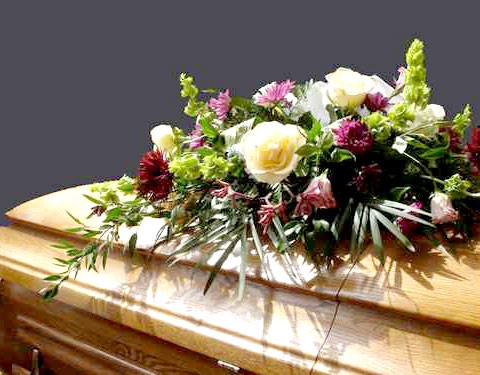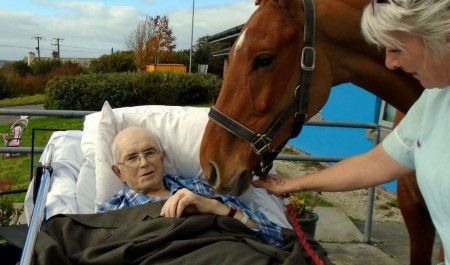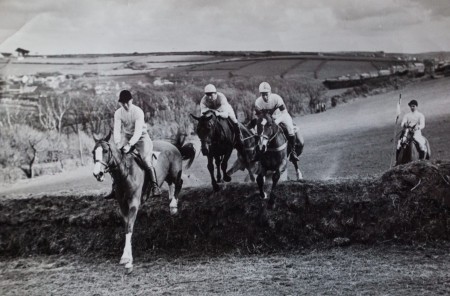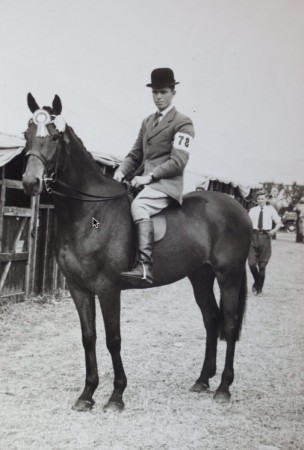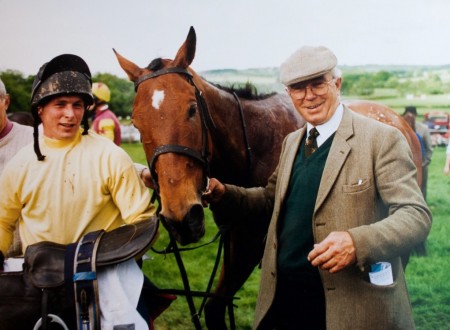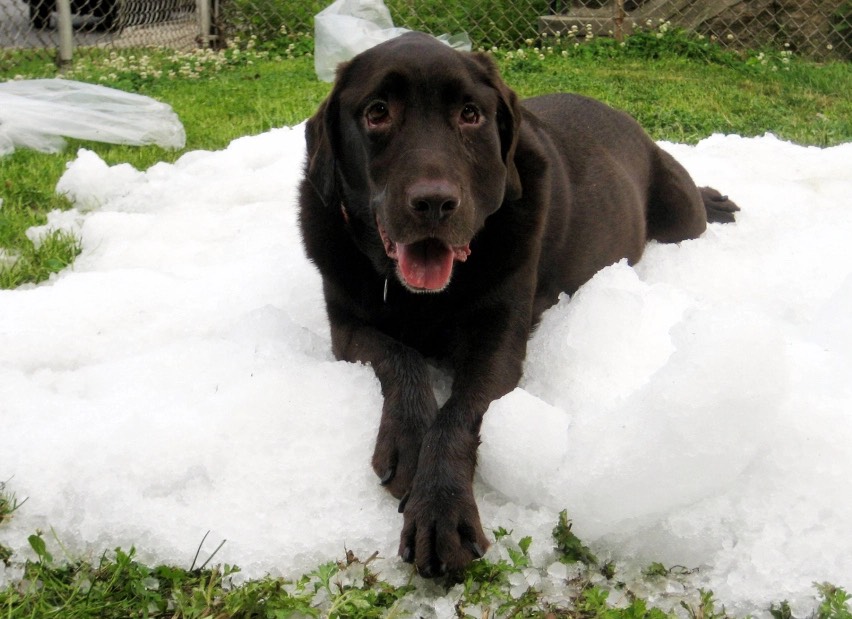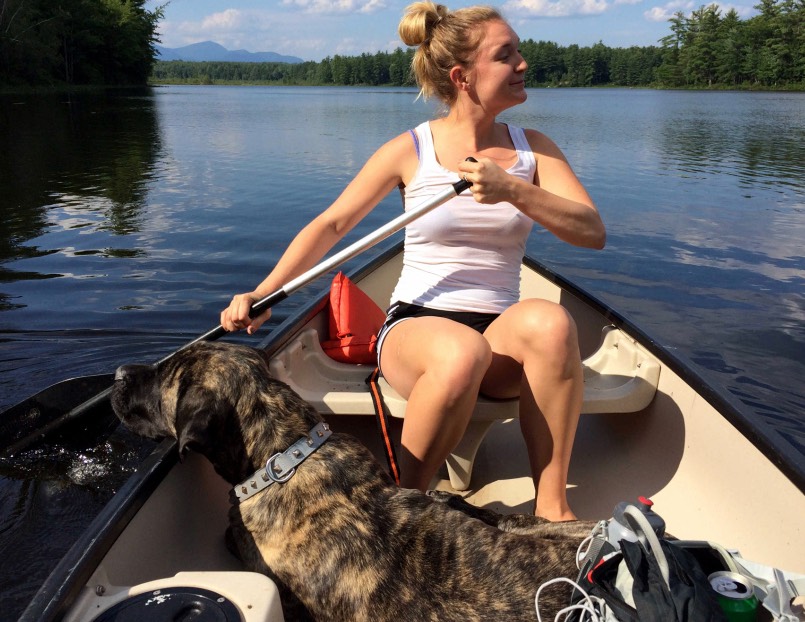By Annie Flury
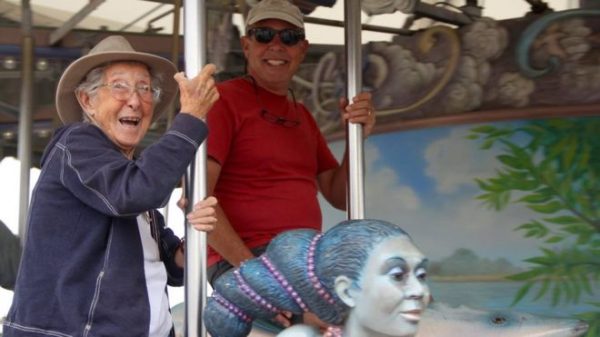
When 90-year-old Norma Bauerschmidt was diagnosed with terminal cancer, her immediate instinct was to refuse treatment and instead find a more positive way to spend her final days.
So she embarked on the road trip of lifetime and unwittingly became an internet hit along the way, when the Facebook page about her travels started attracting more than 440,000 followers.
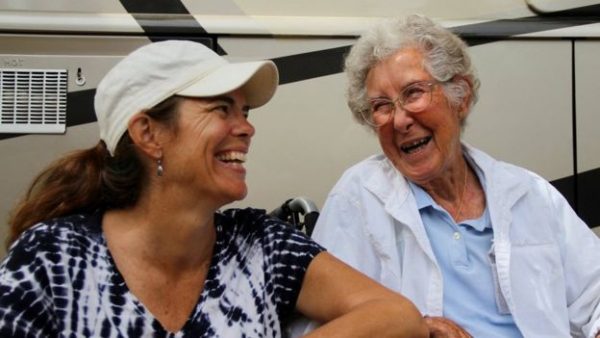
Mrs Bauerschmidt, from Michigan, spent just over a year on the road with her son Tim and his wife, Ramie Liddle, in their motor home, before her death last week.
They had traveled more than 13,000 miles (20,900km) and visited 34 states.
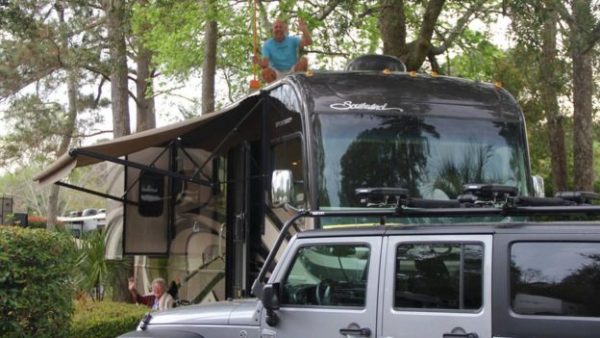
The adventure began in July 2015, when, after a routine scan, Mrs Bauerschmidt’s doctors told her she had terminal cancer.
It was just two days after the death of her husband, Leo.
Her daughter-in-law said: “Tim and I had lived on the road for a couple of years, and when her husband passed we did what all families do and invited her to live with us.”
“She thought about it for about a minute-and-a-half and said, ‘Yes’. She was ready for an adventure.”
“One of the first things we did was buy a wheelchair for her, and that was her ticket to freedom,” said Ms Liddle.
“From that point, on we could go out and about on outings or do whatever she wanted.”
It was Ms Liddle’s idea to start the Facebook page Driving Miss Norma.
“It was just so my family would know where we were, but Norma was absolutely shocked when it took off,” she said.
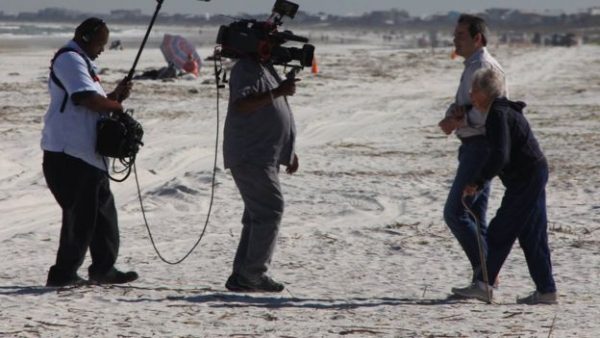
Ms Liddle said they had travelled from place to place, staying anything from a day to a month depending on how they felt.
And as Mrs Bauerschmidt’s Facebook following had grown, they had started to get invitations to lots of events and gatherings – including an Atlanta Hawks basketball game and countless people’s homes for dinner in the evenings.
The family travelled across the country harvesting hazelnuts in Friday Harbour in Washington, taking part in the St Patrick’s Day Parade in Hilton Head Island, South Carolina, visiting Yellowstone National Park and touring the Massachusetts coast.
They took a trip underground to visit the Consolidated Gold Mine in Georgia and Mrs Bauerschmidt even managed to fulfil one of her lifetime ambitions when she took a ride in a hot air balloon in Florida.
“In the last year, we have seen the best of the best of the people in this country,” she said.
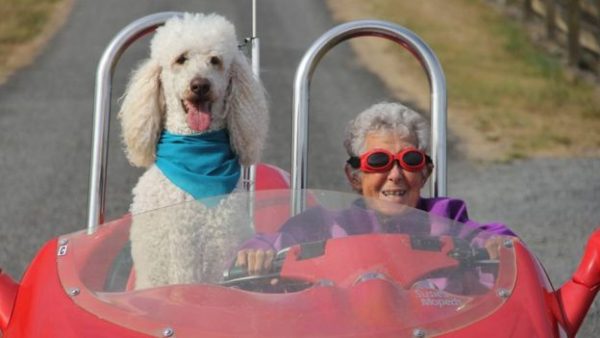
Ms Liddle said her mother-in-law had been a very humble woman with no grand needs, but she had had a very clear idea about what had been important to her.
“She had a very happy last year, and was a very simple woman who had never had any attention in her life,” she said.
“And that’s the beauty of this story – she was just herself.”
Complete Article HERE!

